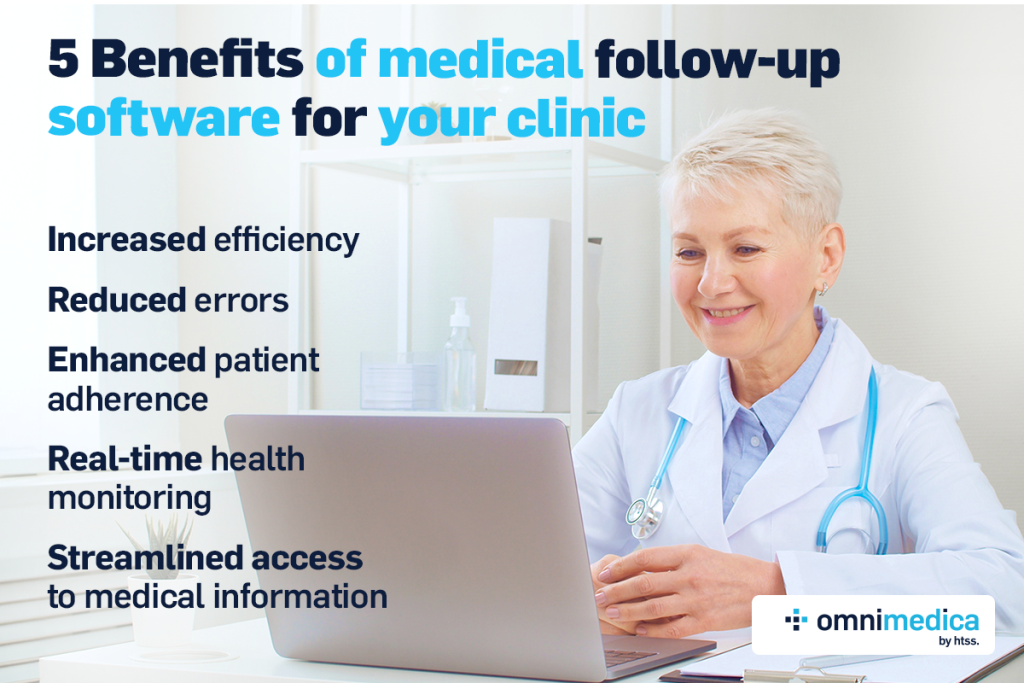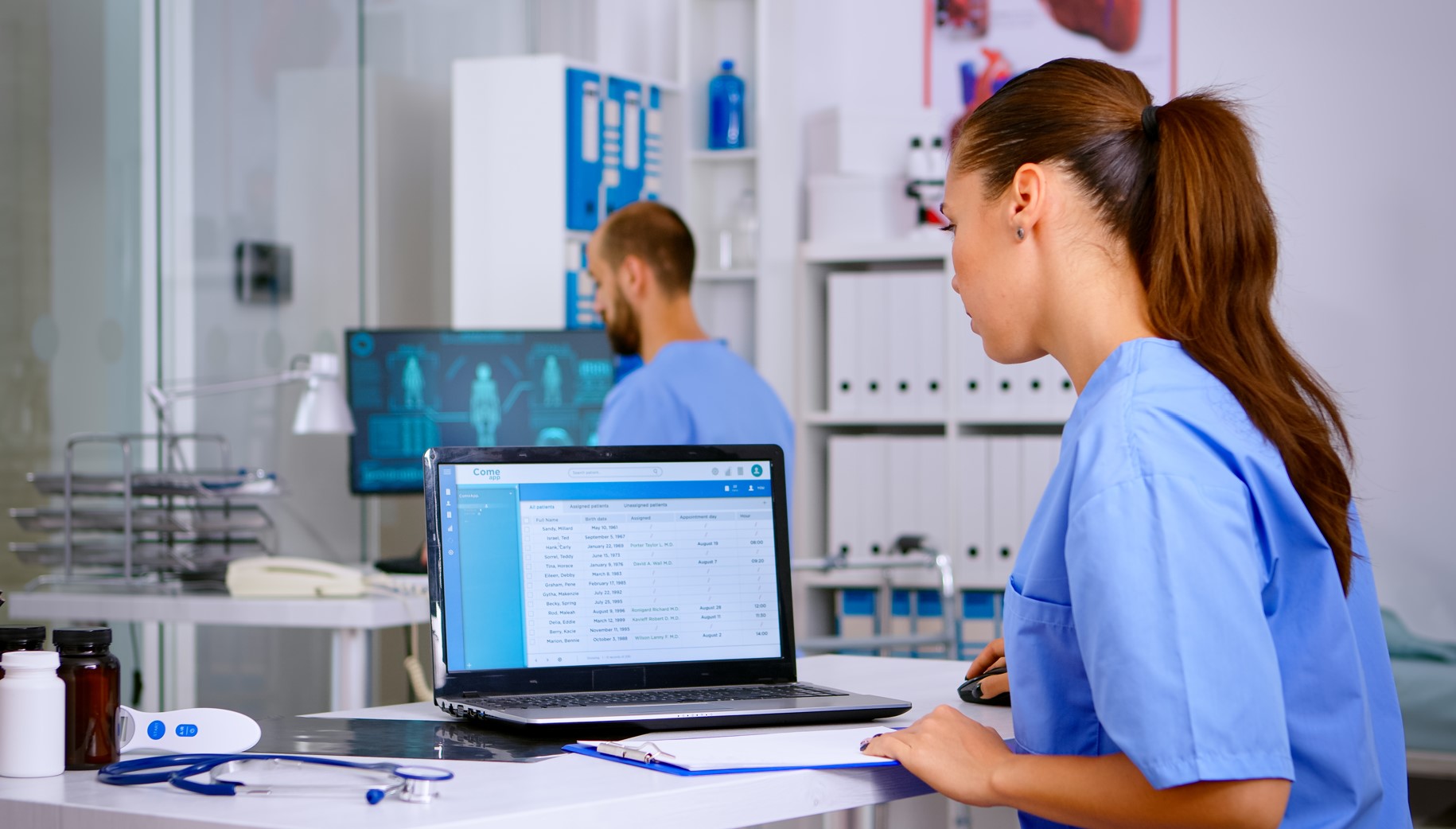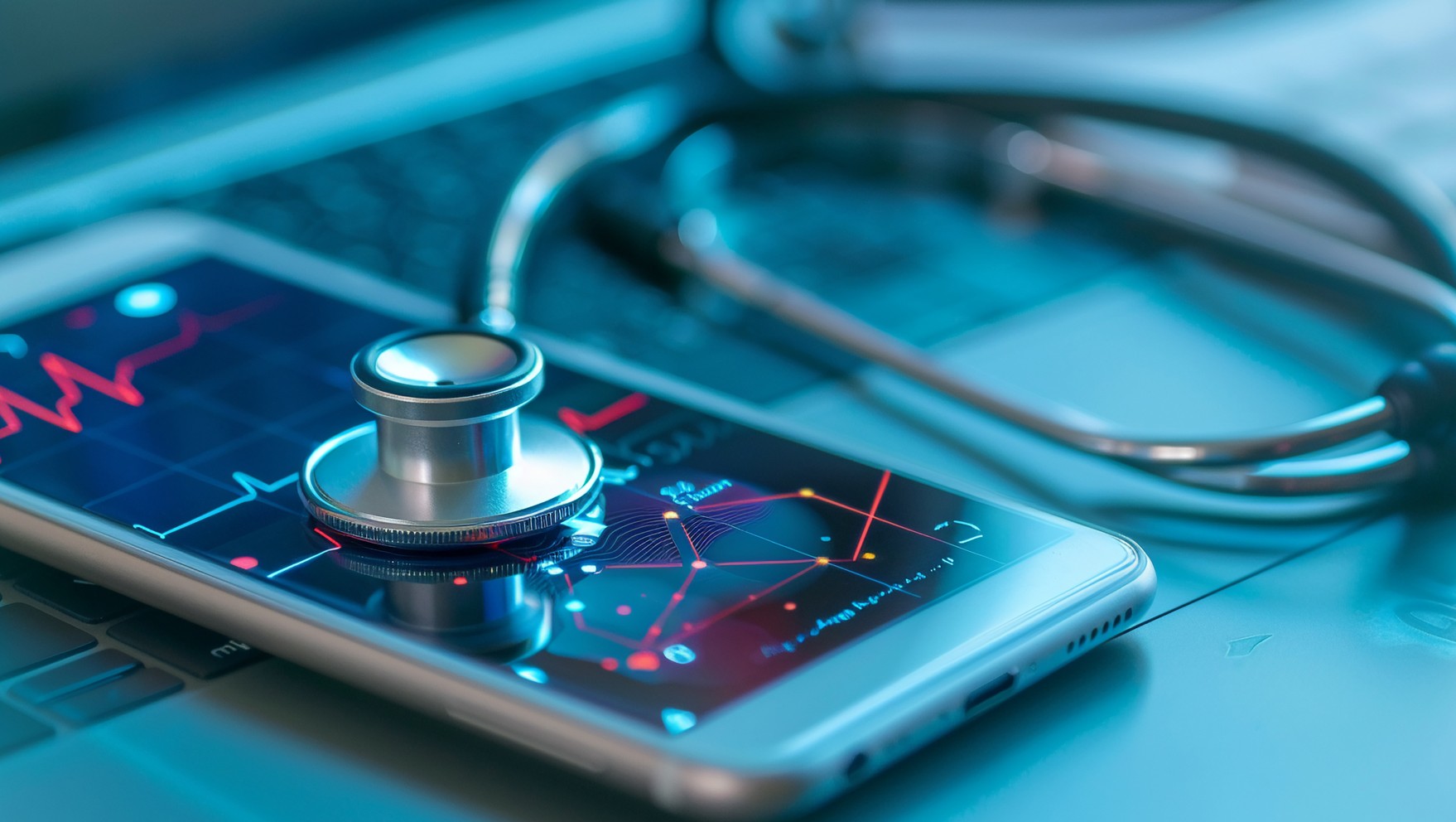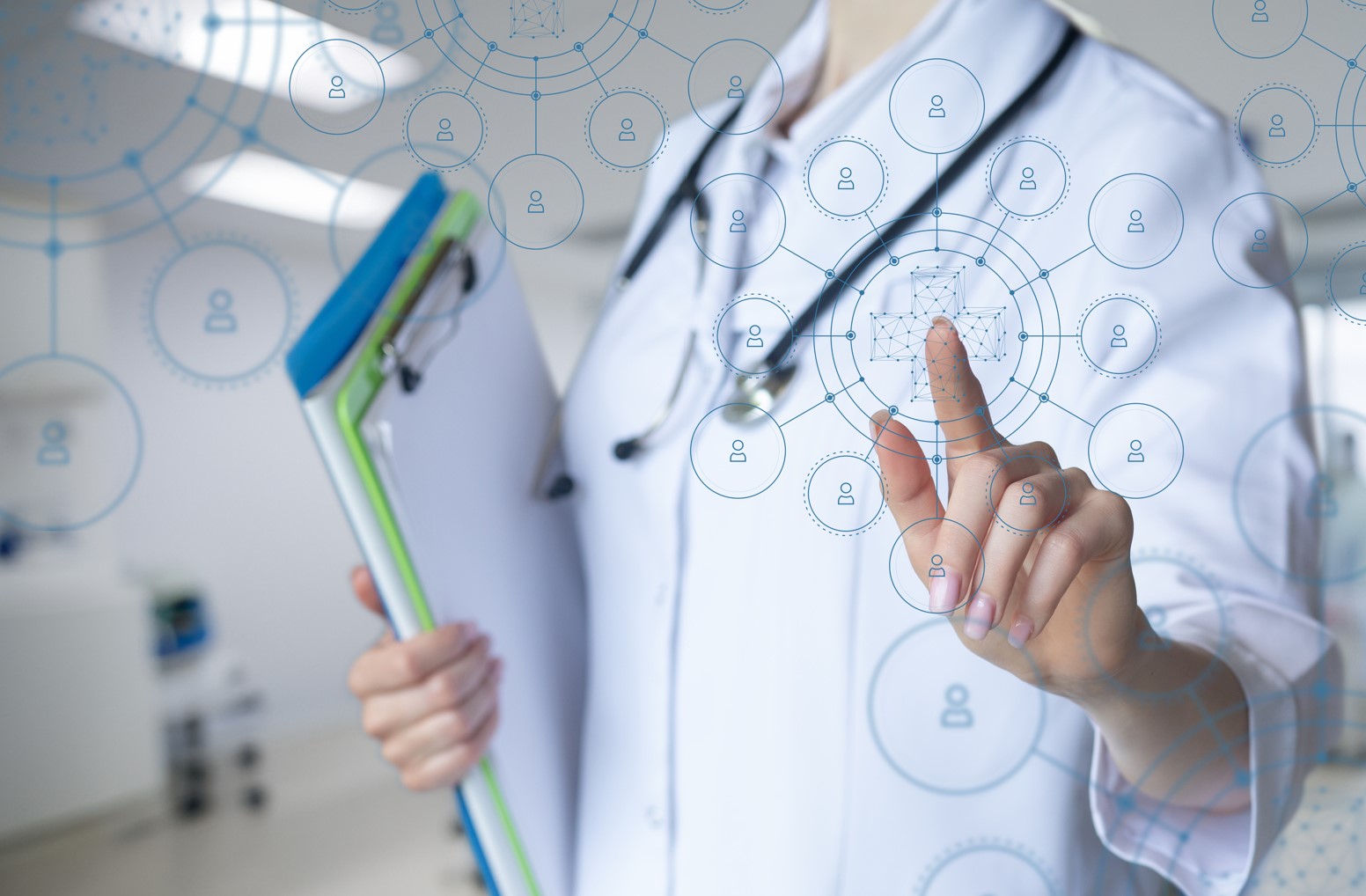- What is a medical follow-up software
- Difference between a soft follow-up and a traditional medical follow-up
- How can follow-up software improve the patient-doctor relationship
- Why use medical follow-up software
Follow-up software has become an essential component of patient care, transforming how healthcare providers handle ongoing medical care and post-communication. As healthcare systems become increasingly intricate and patient numbers grow, efficient and persistent follow-up is critical to achieving improved medical outcomes for patients.
What is a medical follow-up software
Medical follow-up software is a digital solution designed to manage and track interactions between doctors and patients following appointments and visits. This is helpful particularly for the management and monitoring of treatments, as well as early detection of issues and developing affections. A system such as this allows medical personnel to remain in touch with patients, making sure that the received recommendations are being followed and that complications are adressed.
Such software solutions is becoming increasingly popular in clinics and hospitals due to their efficiency and ability to automate administrative tasks and improve staff-patient communication; a medical follow-up software centralizes all information, unlike conventional follow-up methods.

Difference between a soft follow-up and a traditional medical follow-up
Traditionally, medical follow-up entails returning the patient to the cabinet or maintaining a phone contact. Although these methods can work, they are frequently inefficient, consume a lot of time, and can lead to errors or the loss of important information.
In contrast, a medical follow-up software automates these processes and makes them far more accurate. This system eliminates the need for repeated phone calls and onerous administrative tasks, allowing doctors to focus more on effective care.
How can follow-up software improve the patient-doctor relationship
Here are three ways in which a follow-up software can help build a stronger and more trusting relationship between patients and doctors, leading to a better care experience.
Continuous communication
A medical follow-up program provides continuous communication between doctor and patient, which helps to create trust and provide ongoing support during treatment. Patients feel more supported and may express their concerns in immediate detail.
Long-term health monitoring
With follow-up software, doctors can monitor patients’ long-term health more intently. This monitoring reduces the risk of complications or relapses and allows rapid intervention for patients when needed.
Treatment adjustment and complication prevention
Follow-up software allows doctors to observe the evolution of treatment in real time and intervene, either by adjusting the treatment or recommending additional saftety measures, thus preventing worsening of health conditions.
Why use medical follow-up software
There are a variety of reasons as to why the use of medical follow-up software is essential, both for clinics, hospitals and patients.
Efficiency and error reduction
The automation of follow-up procedures greatly reduces the pressure on both medical staff and patients alike. Information is centralized and transparent, meaning that it can be accessed fairly easily; the time of paper patient forms is over. With a digital follow-up system, patients receive clear and structured information of their medical history and hopsital visits.
Adherence to treatment
Patients who receive clear, structured and regular notifications in regards to their appointments are very likely to adhere to medical recommendations and be present for their medical appointments, more than otherwise.
Active health monitoring
Follow-up software allows doctors to track patients’ health in real time. There are a variety of features that a follow-up software can have; Essentially such software can record patients’ feedback on their symptoms and alert doctors if complications arise, allowing for quick alterations to medical treatment plans.
Communication and accessibility to medical information
Both doctors and patients benefit from quicker, more effective communication. Patients can send messages directly to their doctor and receive quick responses, eliminating the need to visit the clinic for simple inquiries. At the same time, doctors can respond based on priorities, greatly streamlining workflow and saving time.
omnimedica is a trusted solution among healthcare providers. Our comprehensive platform offers tailored tools designed specifically for your medical practice. Leverage our expertise to enhance patient care and streamline your day-to-day management without breaking a sweat.




